There will be no lithium from Serbia—not with the current Serbian government, and not with any possible future one. The issue is dead. Or rather: it was never alive. 🧵⬇️ 
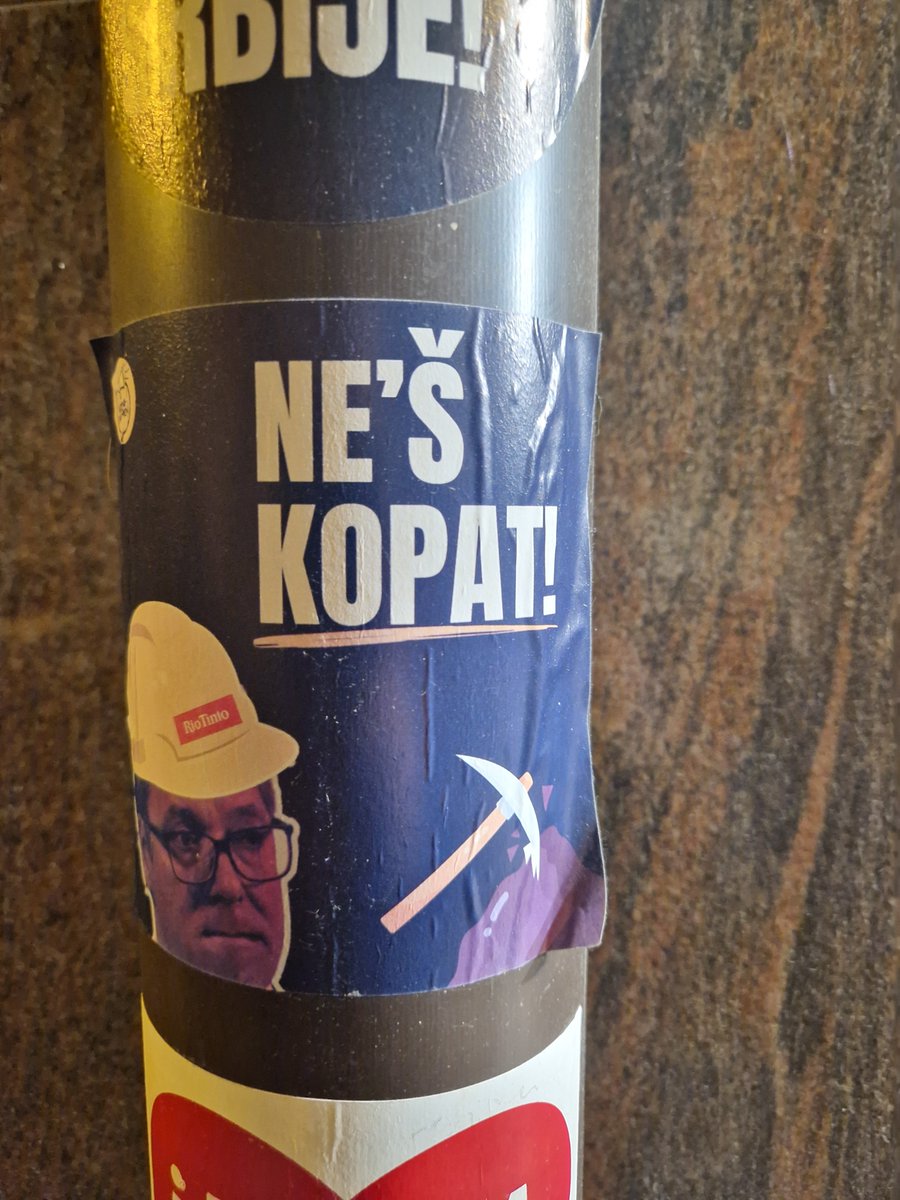
In July 2024, then German Chancellor Olaf Scholz traveled to Belgrade, accompanied by powerful German business leaders such as Ola Källenius, the CEO of Mercedes-Benz. Their goal: lithium.
apnews.com/article/serbia…
apnews.com/article/serbia…
They were joined from Brussels by Maroš Šefčovič, the Deputy President of the EU Commission. The occasion was the signing of a memorandum of understanding between the EU and Serbia regarding the mining of Serbian lithium deposits.
europeanwesternbalkans.com/2024/07/19/eu-…
europeanwesternbalkans.com/2024/07/19/eu-…
In Belgrade, Scholz spoke of an “important European project” that would help secure Europe’s sovereignty and independence in the supply of crucial raw materials.
rferl.org/a/serbia-germa…
rferl.org/a/serbia-germa…
Šefčovič saw a “historic day” for Europe, Serbia’s President Vučić called it a “quantum leap into the future” for his country. He emphasized Serbia should not only be mined, but also processed in Serbia, for example in battery factories.
sarajevotimes.com/vucic-i-demand…
sarajevotimes.com/vucic-i-demand…
But just over a year after the Belgrade lithium-summit, it is becoming increasingly clear what was already apparent back then: Lithium mining is not politically feasible in Serbia. It cannot and will not happen.
To say that the prospects for the project are slim would be an understatement. It is out of the question that any Belgrade government - no matter which -could survive politically if it allowed lithium mining. This is a no-go.
bbc.com/news/articles/…
bbc.com/news/articles/…
Domestic resistance is huge, and it comes from all sectors of society. Media reports on Scholz’s Belgrade trip in 2024 did mention that there was “massive resistance from environmentalists” in Serbia against the project, but this description is imprecise.
reuters.com/world/europe/s…
reuters.com/world/europe/s…
It is not the environmentalists alone. In fact, there is no political issue in Serbia that unites so many social groups as the opposition to lithium mining: left & right, old & young, nationalists & liberals, and - especially significant - urban and rural.
euronews.com/green/2024/08/…
euronews.com/green/2024/08/…
As in other countries, what is deemed important in the capital often differs greatly from what is deemed important in the countryside. But in rejecting lithium mining, Belgrade and the countryside are united. Whether urban hipsters or rural farmers, both say: No digging!
Scholz’s trip to Serbia actually made the project even less likely than it already was. Because to the already circulating narrative that the rich West wanted to exploit poor Serbia as a raw material colony, the German Chancellor’s initiative added another narrative:
“The Germans plan to plunder our country again, as they did between 1941 and 1945. We drove them out once, we will drive them out again” this narrative goes. “Nećete kopati” (“You will not dig”) is the Molon labe-style slogan to it. 
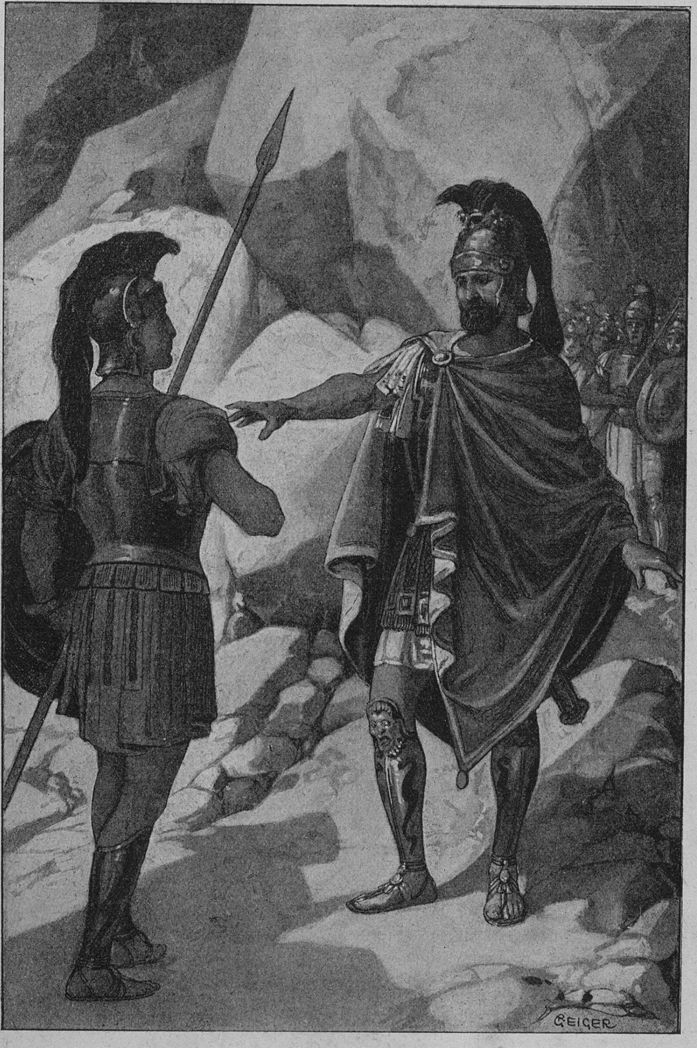
While they are slowly fading, you can still see stickers with Scholz’s face and the words “Nećete kopati” on Belgrade’s lamp posts, street signs, and building entrances. 
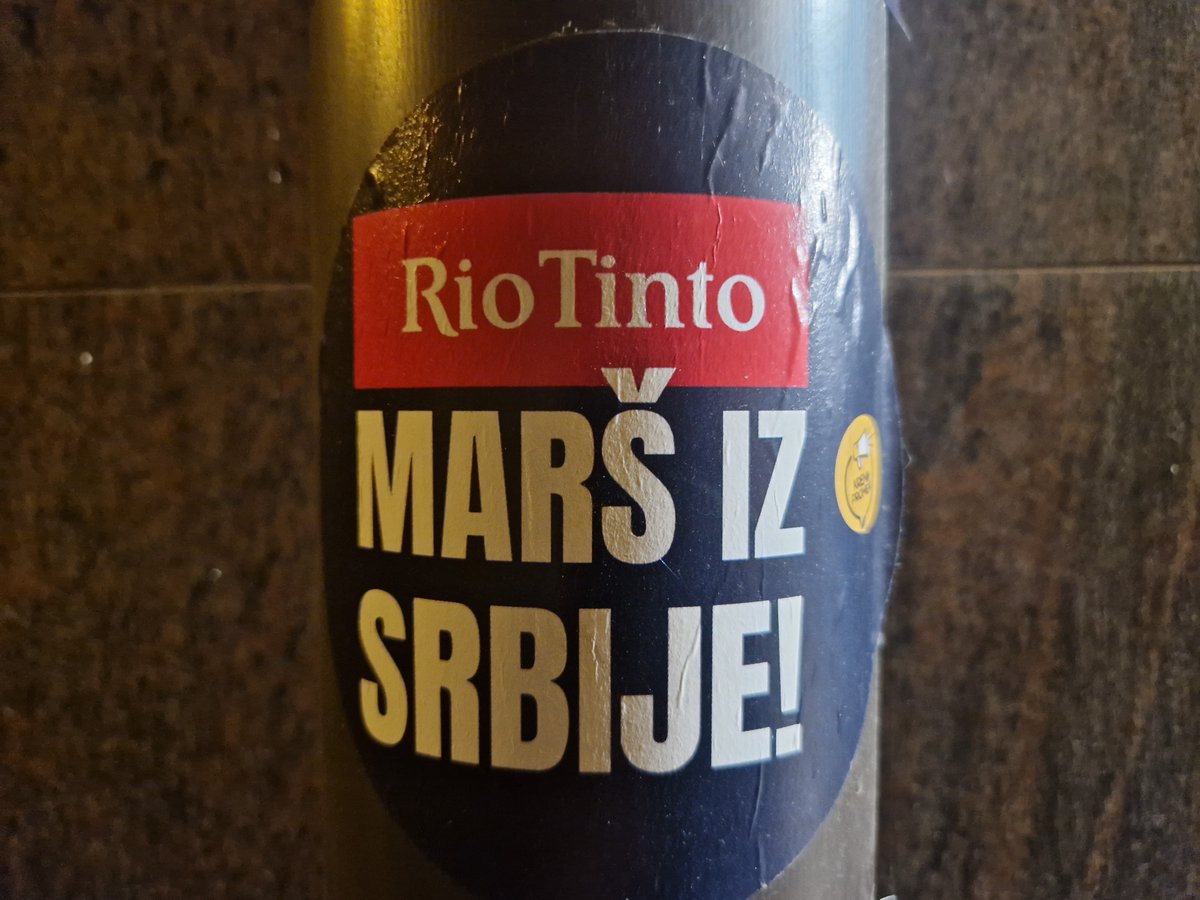
In German diplomacy, there were some concerns before Scholz’s visit that exactly this might happen if the Chancellor, by attending the signing of the EU-Serbia lithium MoU, gave the (false) impression that it was a German project. 
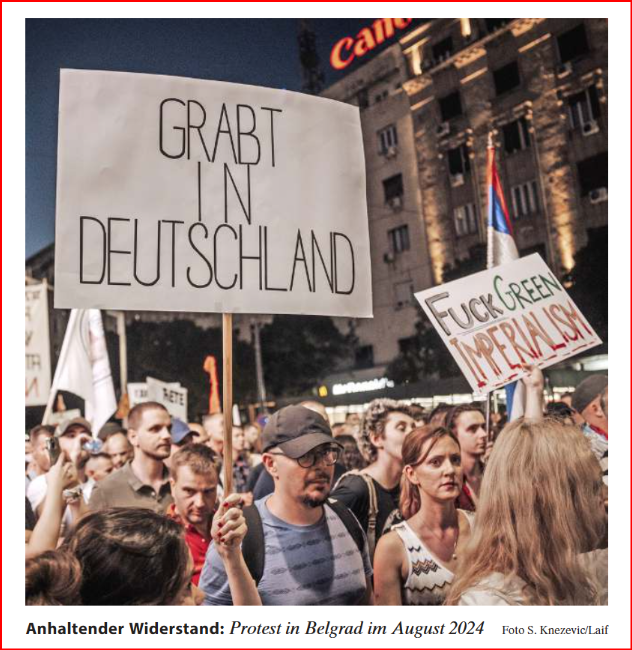
But even without Scholz, opposition to the project is huge. Vučić, who has been unable to effectively curb the mass protests against his government even ten months after they began, is politically weakened. There is no way he can push the project forward.
theguardian.com/world/2025/mar…
theguardian.com/world/2025/mar…
If “the opposition,” (whatever that means and in whatever constellation), were to come to power in Belgrade, it would be the same. Approving lithium mining would be any government´s end. Asking any Belgrade government to support lithium mining is asking it to commit suicide.
Milan Nič, Eastern Europe expert at the German Council on Foreign Relations in Berlin, says that nothing will come of the lithium mining project in Serbia, not least because of Serbia’s fragile political situation, with the country being shaken by protests for months.
“For business, it is important that things are predictable and plannable,” says Nič, referring to the Australian mining company Rio Tinto, which hoped to extract lithium in Serbia.
“Rio Tinto has invested, has made plans with certain deadlines - but all these plans and deadlines have expired” Nič says, adding that Rio Tinto is close to abandoning the idea of lithium mining in Serbia. “The project is stuck in a political dead end”, he concludes.
Moreover, Serbia is by no means the only country in Europe with lithium deposits. “There are other lithium mining projects that are better prepared and where the political circumstances are more predictable”, Nič says.
One example is Germany, but there are others.
https://x.com/Andric1961/status/1960976856850534489
In fact, only the Serbian opposition still claims that the lithium project is real. For the opposition, the claim that Vučić is planning to sell out Serbian interests to Germany is an important tool for mobilization. But this has nothing to do with reality.
It would be a waste of time and energy for the EU, and especially for Germany, to invest political and diplomatic capital in the project. Serbia’s lithium story is over. That is, if it ever even began. For more, see today´s Frankfurter Allgemeine (FAZ): 
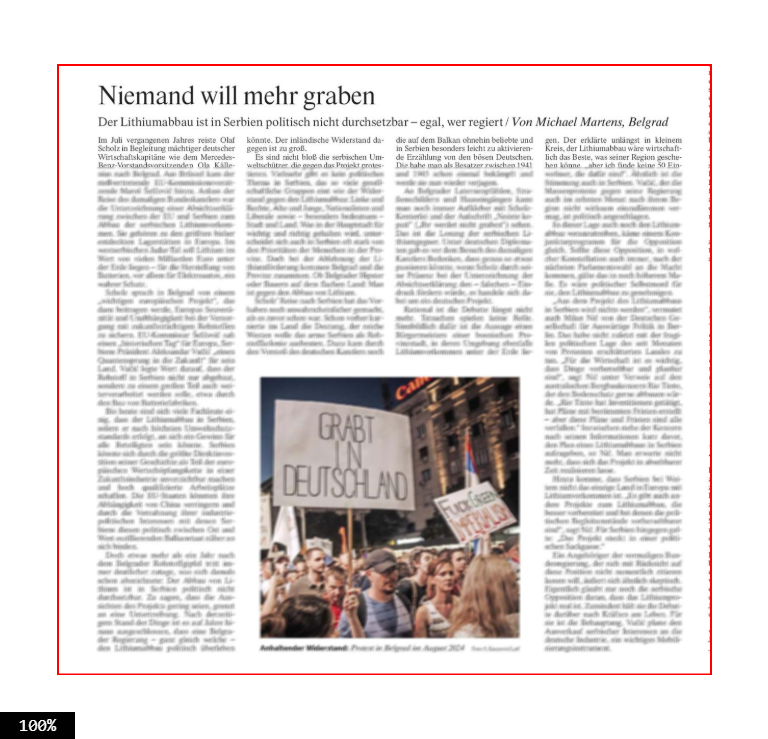
• • •
Missing some Tweet in this thread? You can try to
force a refresh







